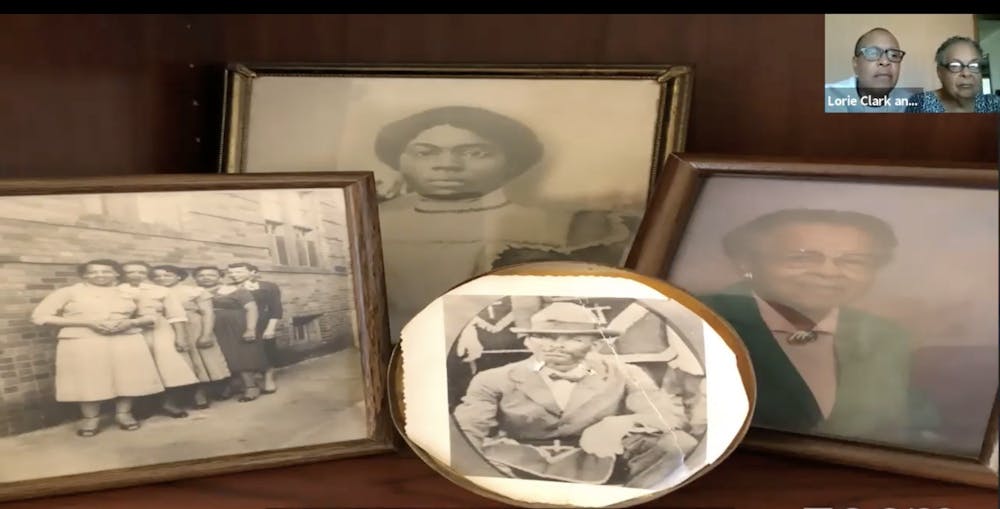The UNC Commission on History, Race and A Way Forward discussed changing the narrative of history through storytelling during its meeting on Oct. 6.
The commission discussed its framework that centers around narrative change, racial healing and relationship building at its Tuesday meeting.
The charge of the commission is to "explore, engage and teach the University’s history with race, and provide recommendations to the Chancellor on how we as a University community must reckon with the past," according to its website.
“What kinds of stories do we tell about our past, about our history," Patricia Parker, chairperson of the Department of Communication, said at the beginning of the meeting. "Who gets to tell those stories and to what ends?”
The Barbee Family Cemetery
Jim Leloudis, co-chairperson of the commission, said focusing on the proper curation of the Barbee family cemetery space is of important concern to the University and town.
Brandon Bayne, director of undergraduate studies, presented his research on the Barbee family at the meeting.
Bayne said the Barbee family enslaved over 100 people in the 1800s who are buried in the family cemetery, a short distance from the Rizzo Center. The family owned 221 acres of land that occupies UNC’s central campus.
“We have an opportunity to work with our colleagues in the Kenan-Flagler Business School and in UNC facilities to recover what has been, for too long, a silenced history, at least in the official narrative of the University," Leloudis said.



